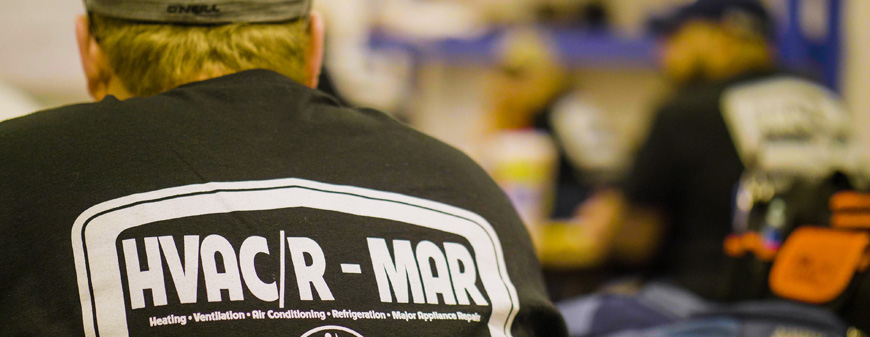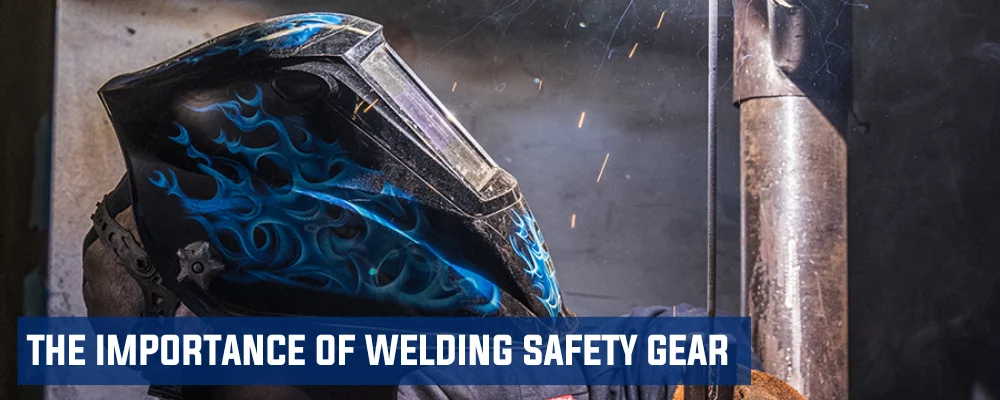HVAC technicians install, maintain and repair heating, ventilation, air conditioning and refrigeration equipment. These systems are becoming increasingly complex, so job opportunities tend to be better for those with formal HVAC training from a post-secondary institution.
Certifications can also improve job prospects for HVAC technicians and may be required by government agencies. Environmental Protection Agency (EPA) certification is mandatory for all HVAC techs working with the refrigerants found in many types of HVAC/R units. Industry certifications like North American Technical Excellence (NATE) are often preferred by employers. What are these certifications? And, what is the general process of getting them?
HVAC Training to Prepare for Certifications and a Career
Preparation for an HVAC career can start as early as high school and is typically followed with study at an HVAC school or community college. Many employers prefer to hire techs with formal training. It can also help with preparing for certain HVAC certification tests. Technicians also typically train on the job after entering the field. Here’s a closer look at the process.
| Type of Preparation | Details | Duration | Learning Focus |
| High School or GED | A High School Diploma or General Equivalency Diploma (GED) is Usually a Requirement for Admission into an HVAC School. Community College Requirements Vary | 3 Months to 4 Years | Math, Physics & Vocational Education Classes |
| HVAC School | Career-Focused, Practical Training | 10 Weeks to 2 Years | Air Conditioning, Gas Heating, Basic Electricity, Indoor Air Quality, Heat Pumps & Electric Heat & Employment & Certification Readiness |
| Community College | Technical & General Education Courses | 2 Years or More | Similar Technical Courses to HVAC School Plus English & Other General Ed Classes |
| On-the-Job Training | Entry-Level HVAC Techs Start Out Working Under Experienced Techs | 2 Years | Start with Basic Jobs (Cleaning Furnaces & Insulating Refrigerant Lines) and Move Up to Complex Tasks (Checking Electrical Circuits & Cutting & Soldering Pipes) |
Some HVAC schools also prepare students for careers in major appliance repair. This is the case at Delta Technical College, which offers an HVAC/R-MAR Technician Program. This HVAC training program is available at the school’s campuses in Horn Lake, Mississippi and Ridgeland, Mississippi, and can be completed in 9 months.
Types of Certifications for HVAC Techs
Two primary types of certification are available for HVAC technicians: EPA Section 608 Technician Certification and industry organization certifications.
EPA Certifications
| EPA Certification | Equipment | Test Questions | Test Duration |
| Type I | Small Appliances: Air Conditioners, Domestic Refrigerators & Vending Machines | 25 Multiple Choice Questions | 30 Minutes |
| Type II | High to Very High- Pressure Appliances: Residential Air Conditioners, Refrigeration Units & Heat Pumps | 25 Multiple Choice Questions | 30 Minutes |
| Type III | Low-Pressure Appliances: Chillers | 25 Multiple Choice Questions | 30 Minutes |
| Universal | All of the Above Equipment | 25 Multiple Choice Questions | 30 Minutes |
Students of Delta Technical College’s HVAC/R-Mar Technician program are required to take and pass EPA Section 608 Core Type I and Type II certification exams. The school prepares students for these certification exams but does not certify them.
Industry Certifications
Interested in Learning More About Mechanical Trades?
Fill out the form below to receive info about our career training programs.
HVAC Licensing Requirements
Entering the HVAC Industry
SOURCES
-
https://www.bls.gov/ooh/installation-maintenance-and-repair/heating-air-conditioning-and-refrigeration-mechanics-and-installers.htm#tab-4
-
https://www.usnews.com/education/community-colleges/articles/2015/02/06/frequently-asked-questions-community-college
-
https://www.usnews.com/education/community-colleges/articles/2016-02-04/explore-career-programs-at-trade-schools-community-colleges
-
https://www.epa.gov/section608/section-608-technician-certification-0
-
https://www.bls.gov/ooh/installation-maintenance-and-repair/heating-air-conditioning-and-refrigeration-mechanics-and-installers.htm



